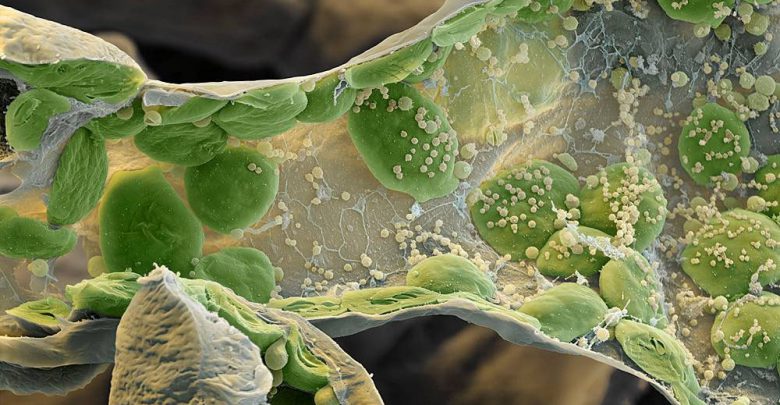Laboratory of plant signal systems

Laboratory of plant signal systems organized in 1981, the first head of laboratory – Doctor of biological Sciences, Professor R.M. Kunaeva. The head of laboratory, candidate of biological sciences – A.S. Utarbaeva (from 2009).
Research direction
Functional activity of hydrolytic enzymes and enzymes of phenylpropanoid metabolism (ATPase, chitinase, phenylalanine-ammonia-lyase, peroxidase) in pathogenesis.
Signal transduction and peculiarities of functioning of key enzymes of calcium and superoxide synthase systems involved in reactions of potato resistance to Fusarium solani.
Mechanisms of induction of protective reactions of plants and the search for inductors of applied importance.
The biochemical basis of the interaction of plants with phytopathogenic fungi and viruses.
Development of modern methods of diagnosis of viral diseases in agriculture.
Method of research
Spectrophotometry, electrophoresis, isoelectrofocusing, ion exchange chromatography, gel filtration, enzyme immunoassay, biotechnology methods.
Progress
Studied the role of phenolic compounds identified and their active participation in the protective reactions of plants under conditions of abiotic (salinity, influence of cosmic radiation, osmotic shock) and biotic (fungal elicitors) stress.
The role of hydrolytic enzymes (chitinase, glucanase, ATPase) and phenylpropanoid metabolism enzymes (phenylalanine-ammonia-lyase and peroxidase) in potato resistance to viruses (PVX, PVY) and fungal infection (Fusarium solani) was studied. Identified protein markers (cation ATPase and peroxidase) reaction of the cells during pathogenesis. The functional activity of different classes of endogenous metabolites of the fungus in pathogenesis was revealed. Antibacterial, antiparasitic and immunomodulating activity of fungal metabolites was established.
Immunoenzyme diagnostic kits for the most pathogenic potato viruses have been developed and manufactured.
 Каз
Каз Рус
Рус Eng
Eng